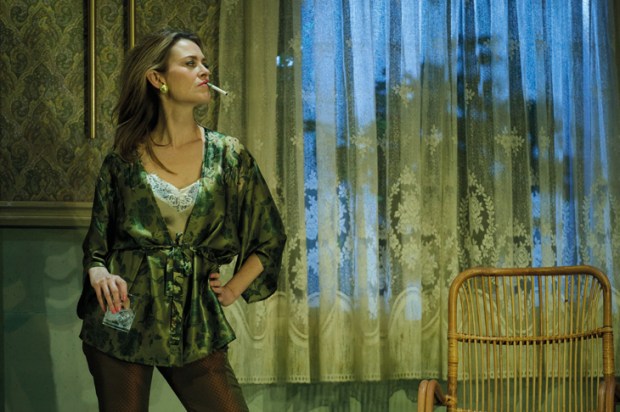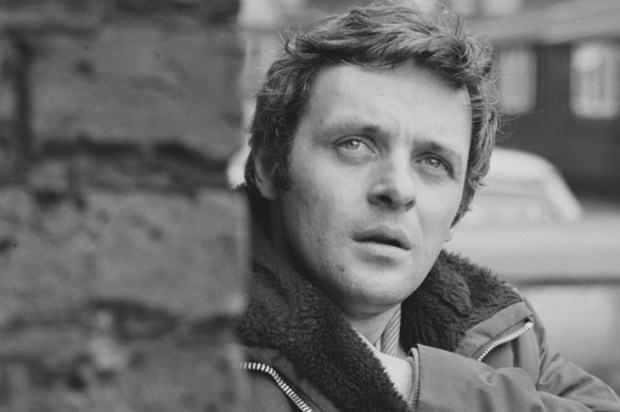Graham Greene used to say that none of the great literary works he had read as an adult had the effect on him of The Viper of Milan, the ripping yarn he devoured as a child. Perhaps there is a deep truth in this. How many people who might savour the grandeurs, say, of Ford Madox Ford’s Parade’s End or Henry James get the pure thrill of pleasure they got as children when they read the spellbinding stories of Robert Louis Stevenson? Remember the breathtaking magic of Treasure Island or the dazzling suspense and sparkle of Kidnapped: the sinister staircase...
Already a subscriber? Log in
Subscribe for just $2 a week
Try a month of The Spectator Australia absolutely free and without commitment. Not only that but – if you choose to continue – you’ll pay just $2 a week for your first year.
- Unlimited access to spectator.com.au and app
- The weekly edition on the Spectator Australia app
- Spectator podcasts and newsletters
- Full access to spectator.co.uk
Unlock this article
You might disagree with half of it, but you’ll enjoy reading all of it. Try your first month for free, then just $2 a week for the remainder of your first year.














Comments
Don't miss out
Join the conversation with other Spectator Australia readers. Subscribe to leave a comment.
SUBSCRIBEAlready a subscriber? Log in